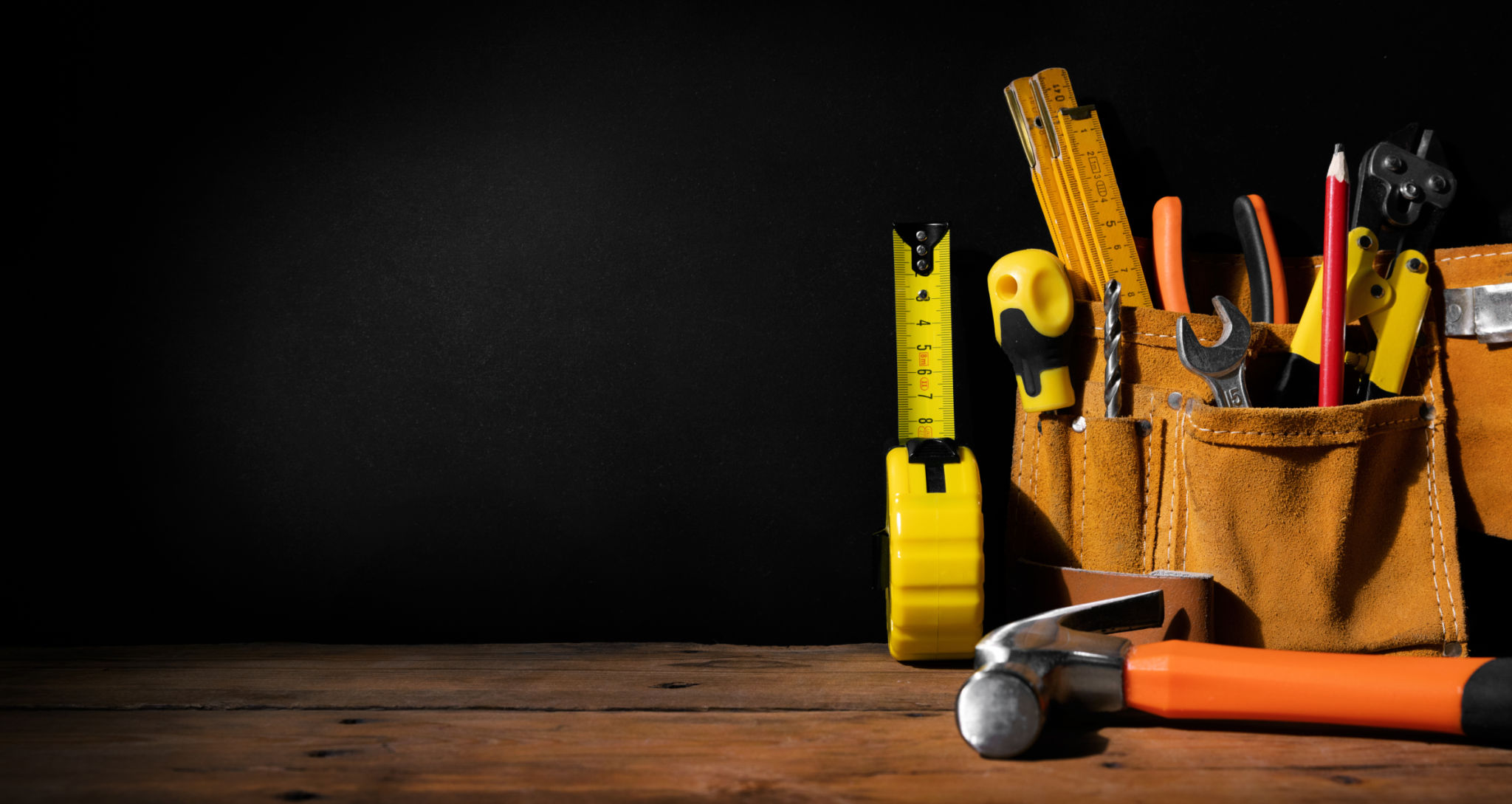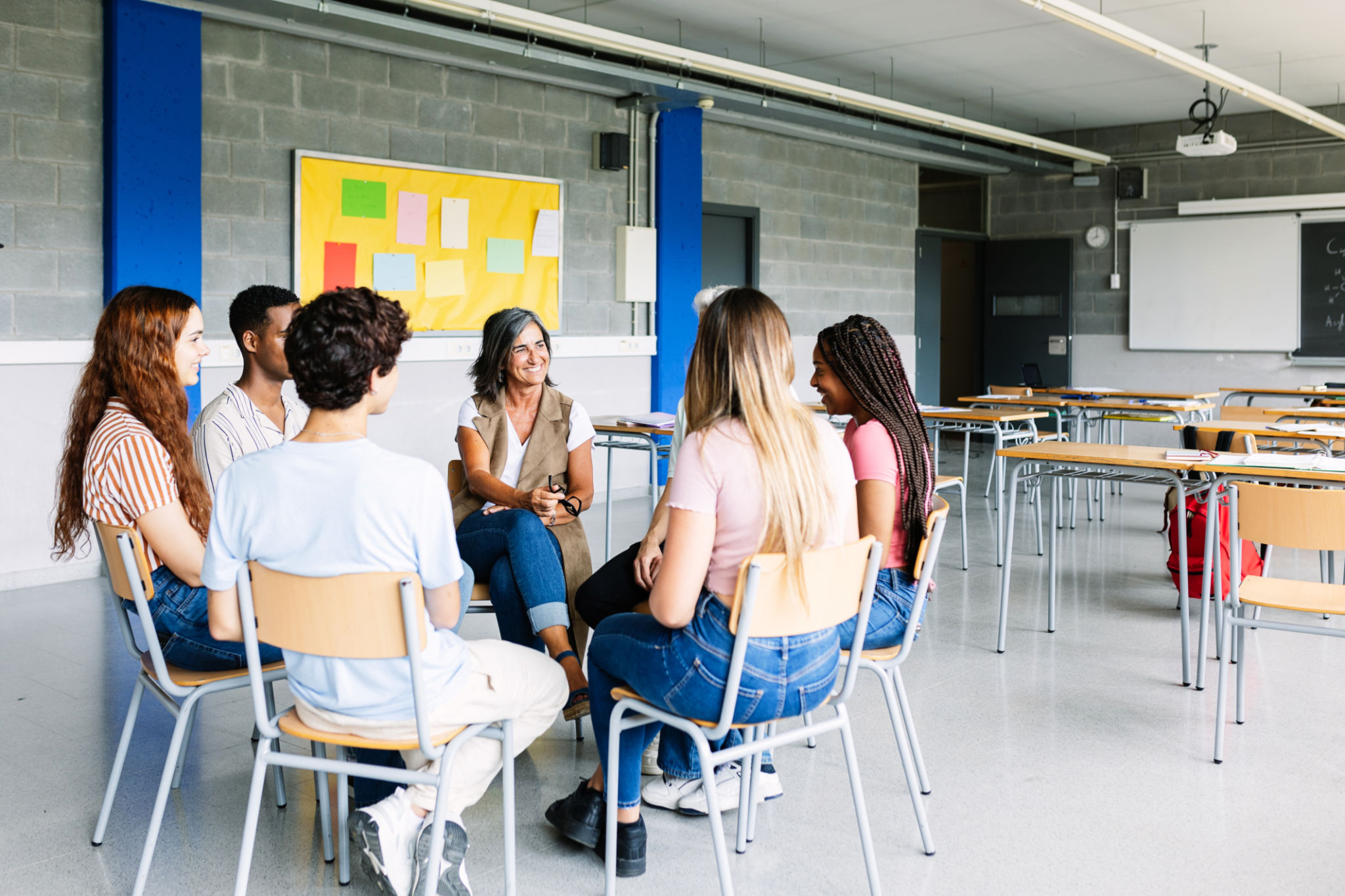DIY Electric Projects: Tips for Enthusiasts in Halton
Getting Started with DIY Electric Projects
Embarking on DIY electric projects can be a thrilling and rewarding experience, especially for enthusiasts in Halton. With the right guidance and tools, you can transform your ideas into functional and exciting electrical devices. Whether you're interested in home automation or creating unique gadgets, there are several tips to consider before diving into your next project.
First and foremost, ensure you have a solid understanding of basic electrical concepts. This includes voltage, current, resistance, and how they interact in circuits. Having this foundational knowledge will not only make your projects more successful but also safer.

Essential Tools and Equipment
Having the right tools is crucial for any DIY electric project. Start by investing in a quality multimeter for measuring voltage, current, and resistance. A soldering iron is also essential for connecting components, and wire strippers will help you prepare wires for connections.
Besides these tools, consider purchasing a breadboard for temporary circuit setups, which is invaluable when testing and prototyping. Additionally, a collection of resistors, capacitors, and transistors will be useful as you begin exploring more complex projects.

Safety First
Safety cannot be overstated when working with electricity. Always turn off power sources before starting any project and use insulated tools to prevent accidental shocks. It's also wise to wear safety goggles to protect your eyes from any flying debris or soldering splashes.
If you're working on projects that involve higher voltages, such as home wiring, consider consulting a professional. While DIY projects are rewarding, safety should always come first to prevent accidents.
Project Ideas for Enthusiasts
If you're looking for inspiration, there are plenty of exciting projects to try. One beginner-friendly project is creating a simple LED light circuit, which teaches the basics of connecting components and using a breadboard.
- Home Automation: Create a smart lighting system that you can control with your smartphone.
- Portable Chargers: Design a solar-powered charger for your devices.
- Arduino Projects: Experiment with Arduino boards to build robots or automated systems.

Joining the Halton DIY Community
Connecting with other DIY enthusiasts in Halton can significantly enhance your experience. Local maker spaces and online forums provide opportunities to share ideas, troubleshoot issues, and collaborate on projects. These communities are invaluable resources for both beginners and seasoned hobbyists.
Consider attending local workshops or meetups to learn from others and showcase your own creations. Engaging with the community can also keep you motivated and inspired to tackle more complex projects.

Continuing Your Education
The field of electronics is ever-evolving, with new technologies and methods emerging regularly. Staying updated with the latest trends and techniques can make your projects more innovative and successful. Consider subscribing to online courses or tutorials on platforms like YouTube or Coursera.
Books and magazines on electronics can also be excellent resources for expanding your knowledge. As you continue learning, you'll find new ways to apply your skills in both personal and professional contexts.
